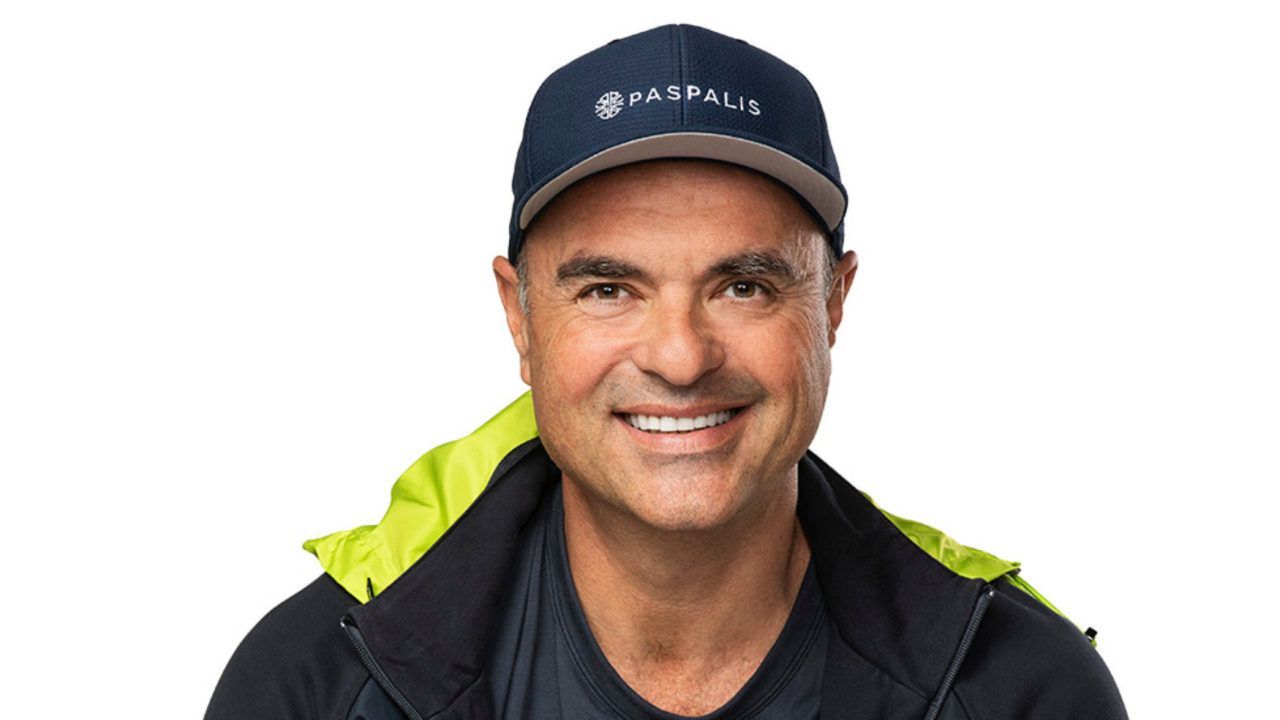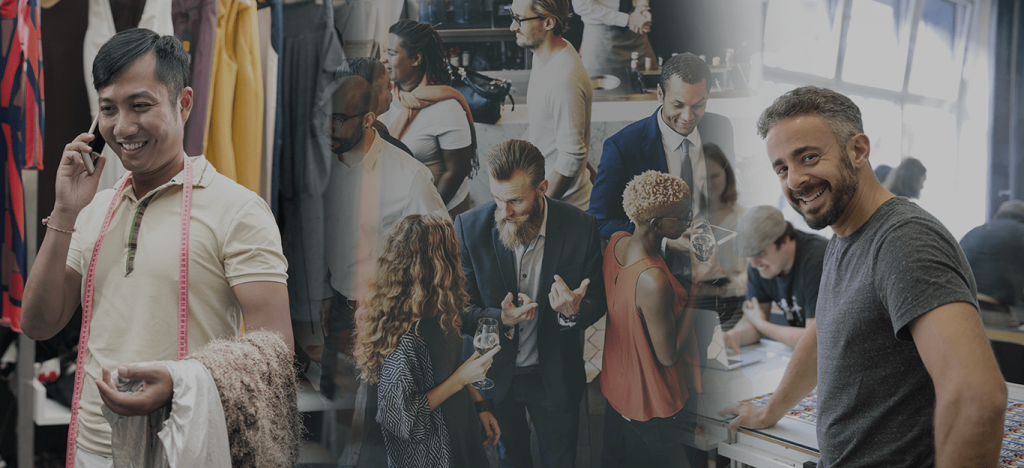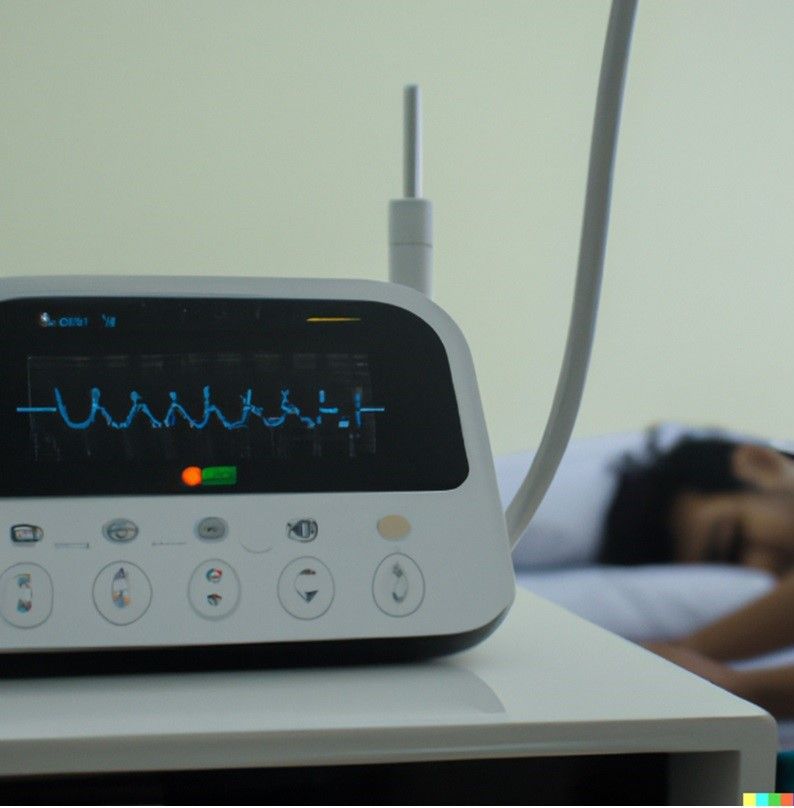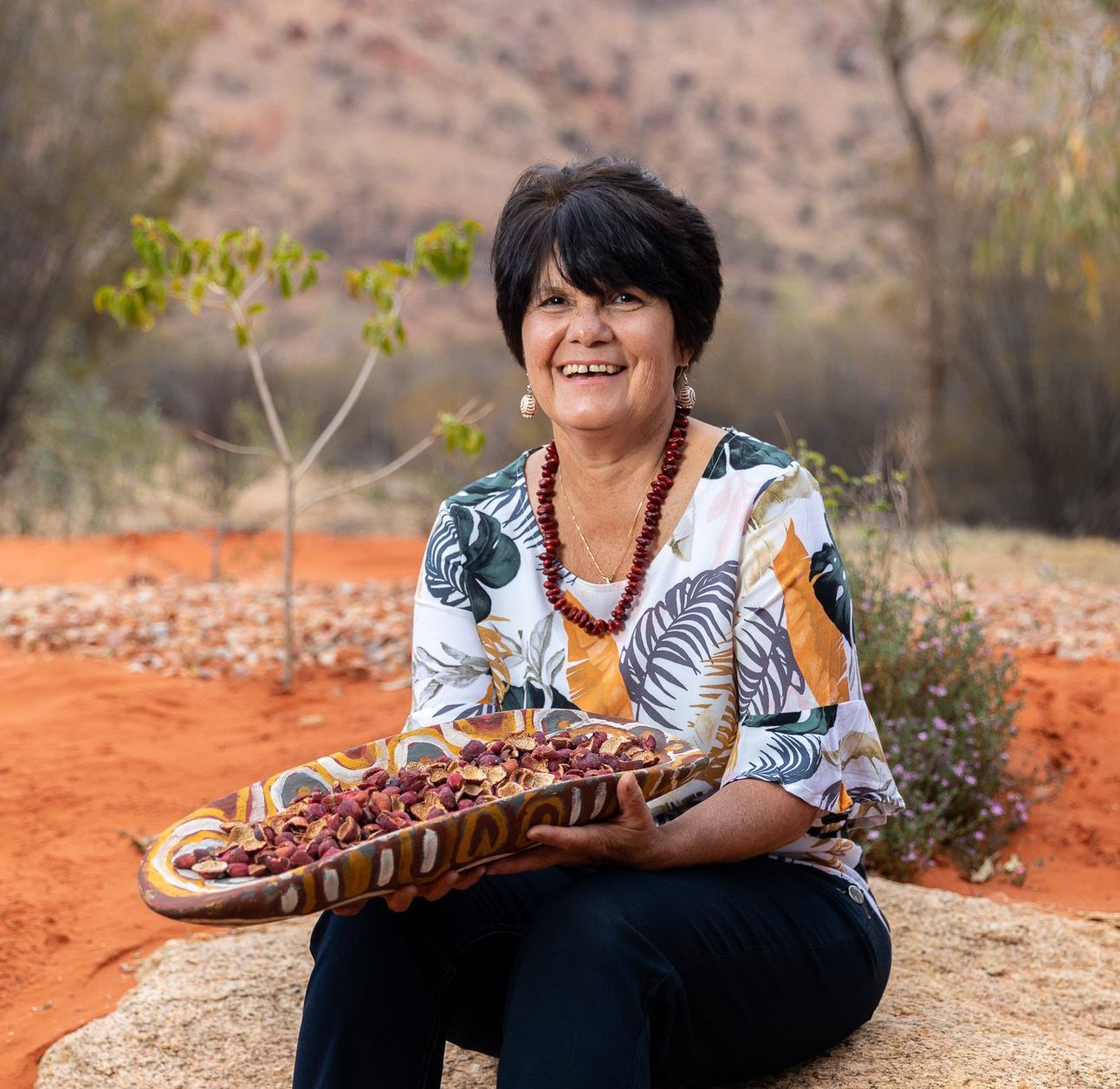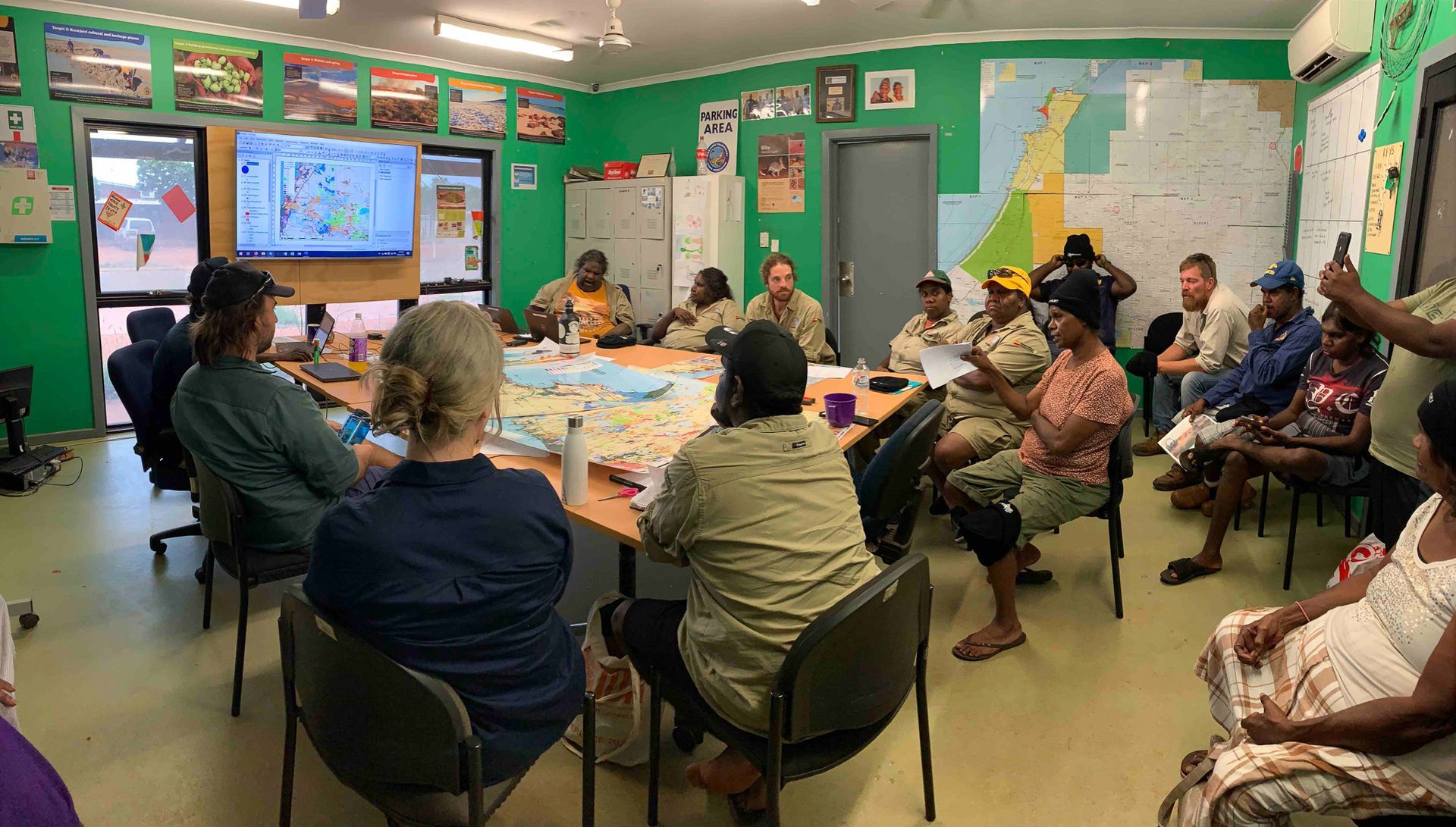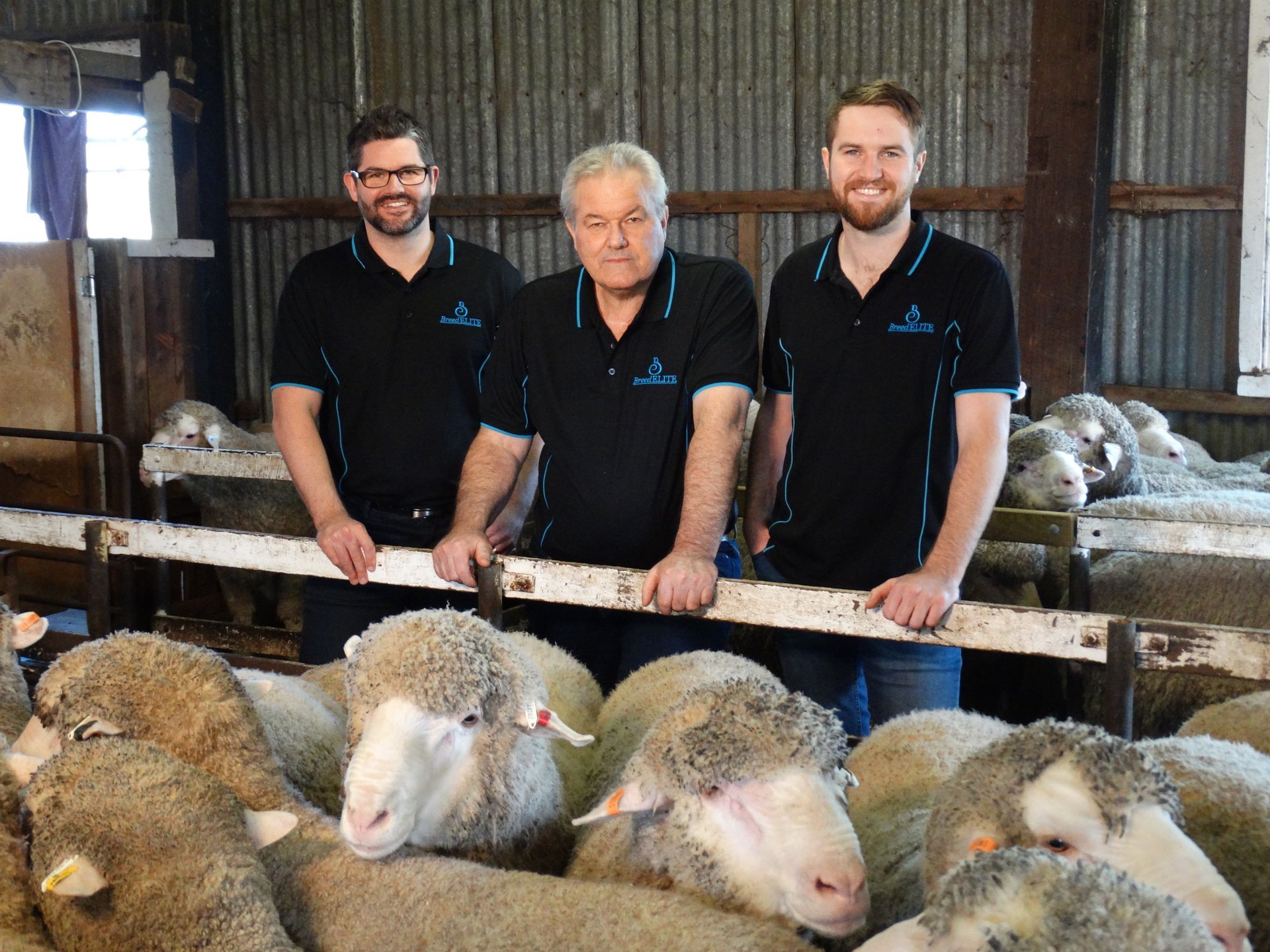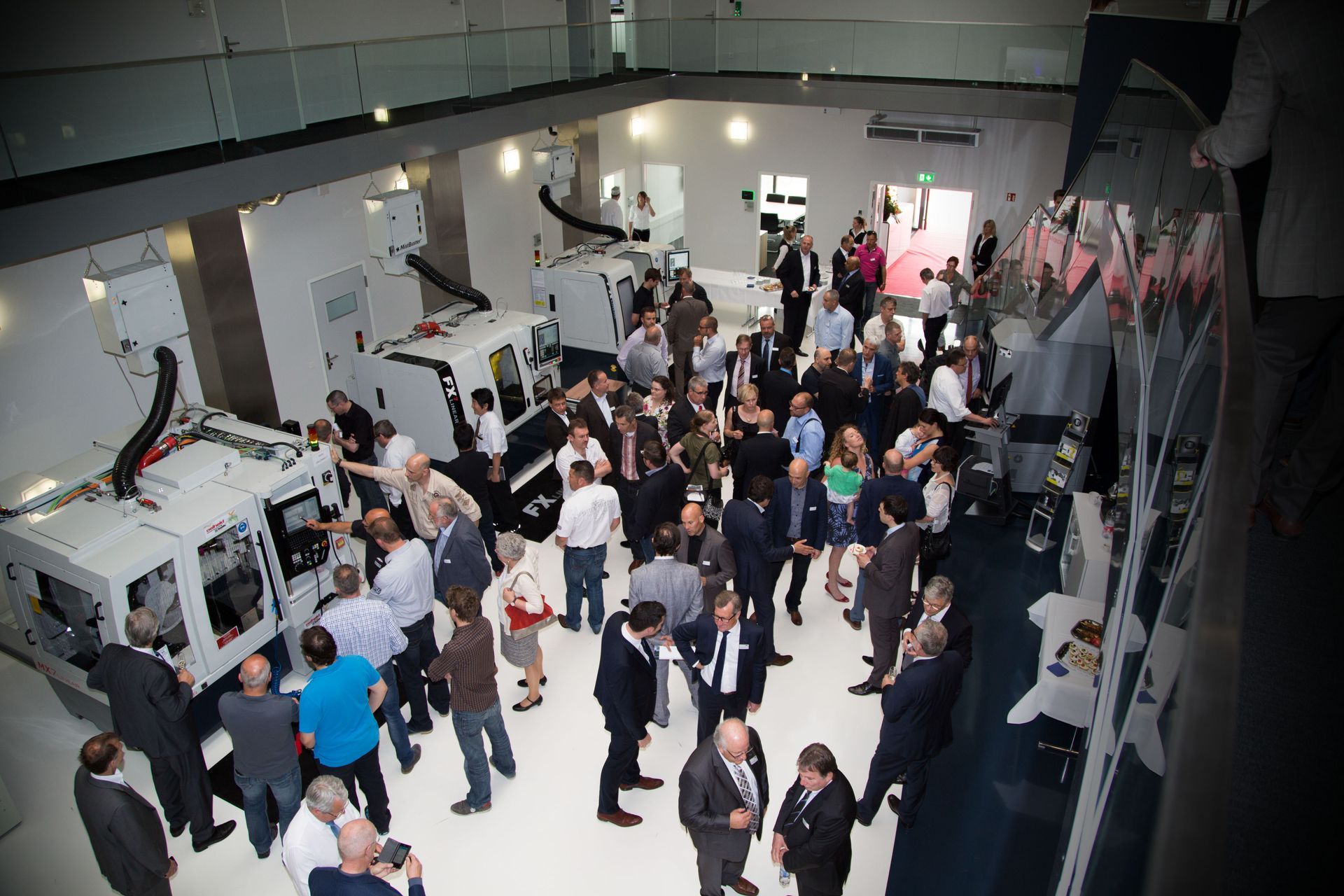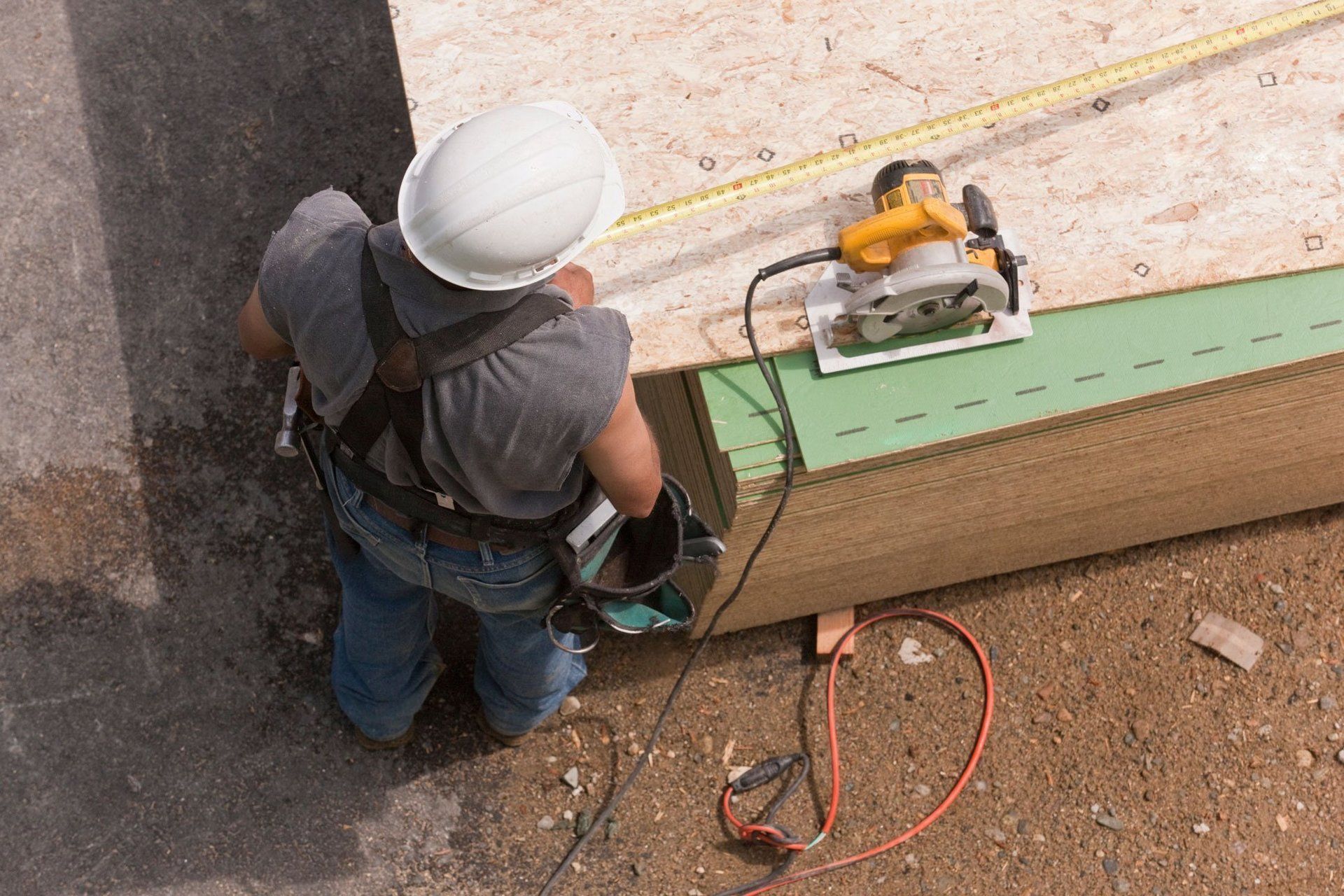The Power of Play
Ten minutes of play per day can grow problem solving skills, stimulate learning, and impact the development of cognitive processes for kids. Our education system should reflect that.
According to World Economic Forum, 65% of the children going into primary school today will ultimately end up in completely new job types that do not presently exist. Though this conundrum in many ways can seem exciting, it does pose a need for us as educators, parents and policy makers, to look at ways to better prepare them for that future. The cliché of ‘change is here to stay’ is truer than ever and the world is changing faster than ever.
This is driven not only by climate, politics, and other hot topics but just as much by innovation and technology that is changing the way we work and live. Artificial Intelligence technology is coming to a point where it can predict what I will buy before I know it myself, based on data that I am not even aware companies have and processing power that supersedes my brain many times.
I don’t consider myself old and yet when I was a toddler we only had two black and white channels, browsing and shopping was done in physical stores and my wish list for Christmas was created by using a pen to circle cool toys in paper catalogues. The change till today is huge but it is nothing compared to the change my kids will see while growing up.
I have deep respect for teachers and the school system and I do believe a lot of time and resource is invested into teaching and developing teaching methods, however the mindset and approach is still to a large extent, based on the past or maybe present at best. We have many of the same subjects taught in almost the same way, perhaps with just a slight digital interaction.
Our children will be in competition with computers and artificial intelligence software so they need to focus on skills that will give them a competitive advantage that a computer will not overtake - skills like creative problem solving and critical thinking. They need not only to be able to imagine and know how to solve known problems – they need to be able to solve unknown complex problems and put their imagination into reality. Alvin Toffler says it well in his 1970 bestseller Future Shock: “the illiterate of the 21st century will not be those who cannot read and write, but those who cannot learn, unlearn, and relearn”. The normal formalised education is still essential, but it becomes only a ticket to play and instead intellectual flexibility will be what drives value.
So, the most important skills for children to take on the future is to build their resilience and to build their ability to problem solve and act with agility in a changing environment. What new lessons or approaches are doing that in the school today? How are we building confidence in creativity and in going to new problems in an exploring and interested way? Unfortunately, research shows that the confidence in creativity skills is declining amongst children.
The very interesting insight here is that play can be a very strong enabler to drive this learning. Play teaches children to approach problems in different ways, to solve for the unexpected, to explore and it drives a healthy mind when it is meaningful and relevant play experiences. Many insights even suggest an intrinsic link amongst criminals stems from long-term impact of play deprivation in early childhood.
Quality play experiences can stimulate networks in the brain related to learning and therefore affect the development of cognitive processes from an early stage. Just 10 minutes a day of playing has a lasting impact!
A review of the neuroscience and biological literature on learning from The LEGO Foundation indicate that play experiences with five characteristics of learning (Joy, Meaningful, Active Engagement, Iterative, Socially Interactive) facilitate the development of interconnected brain processes in growing children’s capacity to learn. Quality play experiences activate neural networks involved in brain processes such as cognitive flexibility, memory and others, and that prepares a child’s brain for further development. This makes Learning Through Play a very important element of both family engagement and educations focus on the school.
The task on teaching our children these future-proof skillsets is not only up to teachers and educational systems. It is just as much up to the parents and even a wider societal responsibility. In most countries, and definitely Australia, parents see the value of play, but often rely on social activities and other similar situations (or the kids themselves) to drive the play activities.
We have one of the highest toy spends per child in the world but do parents actually take the time to play with the kids, challenge and drive their learning through play?
One positive thing out of COVID is that families seem to have spent more valuable time together playing and I hope that the experience from that will be longer lasting than the development time of a vaccine. I am sure that if parents knew the impact on their kids’ future of just spending a few minutes everyday to drive quality play experiences with their kids, they would not hesitate one bit in making it their highest priority.
We have an exciting future ahead of us with plenty of opportunities. An increased focus on new ways of learning from both parents and educational systems is the way to enable our children to seize these opportunities. We need to think differently about how we drive learning, and quality play experiences are a very simple thing that can drive significant impact.
Claus Kristensen is vice president and general manager, Australia & New Zealand at LEGO Group.
This article is taken from the recently published digital book
Australia's Nobel Laureates Vol III State of our Innovation Nation: 2021 and Beyond


